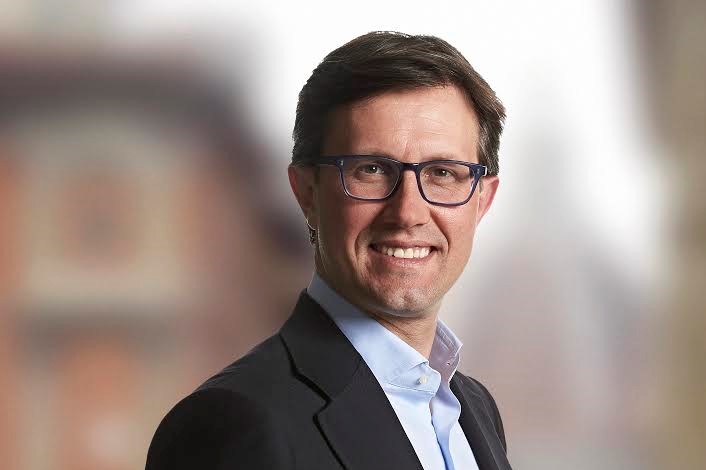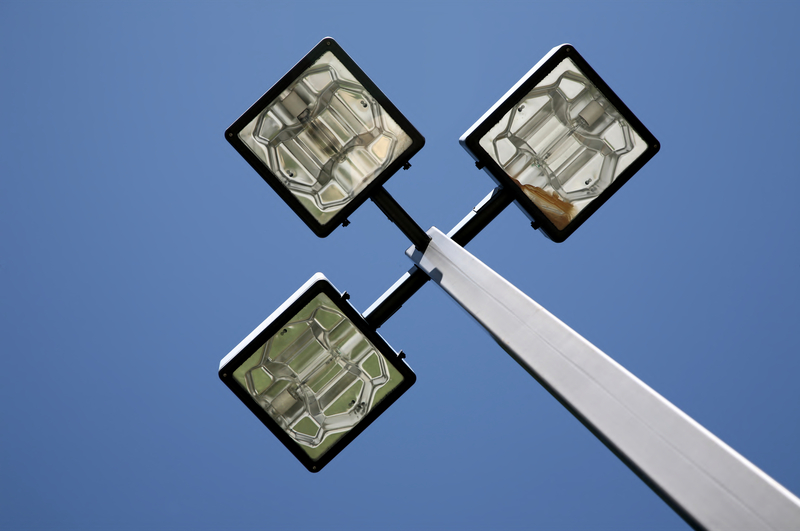
‘We don’t back down’: Florence’s Mayor charts a path to post-COVID rebirth in European cities
05 November 2020
by Sarah Wray
The Mayor of Florence, Dario Nardella, was named today as the new President of Eurocities and will represent major European cities over the next two years.
He succeeds the Mayor of Stockholm, Anna König Jerlmyr, and is joined by the Mayor of Leipzig, Burkhard Jung, who will become the network’s Vice President.
Nardella, who was elected by delegates from more than 100 cities, told Cities Today in an interview that he wants to work for a stronger role for cities in the EU. He is calling for direct access for cities to EU funding and a greater say in the design of EU policies.
Cities Today (CT): Mayors around the world are clearly very focused on COVID-19. Can you share some of the work that you’re doing in Florence to help the city recover?
Mayor Dario Nardella (DN): Together with a health emergency, we are facing a serious economic crisis resulting from a pandemic which is deeply hurting our cities.
Every day, I am faced with the suffering of workers, from restaurant staff employees to tour guides who have lost customers and are now beginning to lose all hope. This crisis also has significant social consequences.
The City of Florence has undertaken several initiatives, not only by urging the national government to grant [support] quickly, but also by reducing or cancelling local taxes and mediating with commercial owners to reduce rents.
Then there is the issue of the conservation of our artistic heritage, which largely depends on contributions from the tourist tax. With the lack of tourists, these resources are lacking.
We have launched the RinasceFirenze (Florence Rebirth Plan), collecting donations from all over the world to keep alive the cultural heritage which the world loves Florence for.
CT: As a mayor, what have you learned from the COVID-19 crisis? And what do you think are the key things that cities collectively need to learn from this to strengthen for the future?
DN: Cities have a fundamental role in managing a crisis that is global but is reflected in the daily life of each citizen. Mayors are the political authority closest to citizens, who every day ask us for attention on many issues, from health to work, from compliance with the rules to requests for support to survive the uncertainties of an unprecedented and worrying situation.
I believe that mayors never back down and are always committed. Cities can play a fundamental role in the international framework, interpreting people’s needs and then creating a network capable of identifying solutions.
Also, COVID-19 has caused a second digital revolution, in which cities are the protagonists, from smart working to distance learning. We must aim to have increasingly digital cities, asking European institutions to make an unprecedented effort on digitalisation and technological innovation.
CT: How do you think the pandemic will change the City of Florence in the long-term?
DN: Florence will be Florence forever.
The RinasceFirenze plan also identifies the crucial points from which to establish a city that is able to respond to the new challenges of today and tomorrow. It will allow citizens to reclaim urban spaces with greater than ever liveability. It points to sustainable mobility and it starts from what has always been the trademark of Florence, which is art and culture. It will again favour tourists, but always with families and work at the centre. It is a plan composed of many ideas but open to the contribution of all citizens, and they are invited to participate. We need everyone’s contributions to restart our city.
CT: In your new role as President of Eurocities, what are your priorities?
DN: I think we can increase the political role of the organisation and become relevant counterparts for the European Commission, European Parliament and European Council.
Our organisation has grown stronger, and we can also move forward in our relationship with member states.
We all have major challenges in front of us getting through the second wave of the pandemic, moving towards recovery and the new normal in our cities.
As President, I want to highlight two priorities which are very important.
First, we are at a crucial moment right now. Until the early spring of 2021, member states and the Commission will be negotiating the national recovery plans. We must join forces as cities with our national governments to make sure that the national plans provide the much-needed investments for our citizens from the European recovery funds.
We can do so by bringing evidence to the table about the deep finance gaps that we are facing as a consequence of the crisis. We can also bring clear project proposals with us that can drive recovery.
Secondly, at the same time, we must work towards a good framework at the European level that can support our cities in the green, digital and just transition. Next year will be crucial to make sure that European Union policies and programmes match what we need in our cities and help us to take action locally.
As a President, I will do everything I can to bring our shared message to the EU decision-makers at the highest level and to reinforce our influence on European developments.
Being part of a network gives us the opportunity to share experience, learn from each other and make our voice heard.
We are facing great opportunities for a change in all of our daily lives. You can come out of a crisis with new energies. In dealing with the emergency, we can plan a different future in which the goal of resilience will bring new opportunities for all of us.
Cities are living laboratories of change in environmental policies and vision, and in the promotion of culture and economic development. In a way like never before, the future of Europe is in the hands of city mayors.
Delegates at the Reinventing cities – beyond the urban crises online event also took part in elections for Eurocities Executive Committee – represented by politicians from 12 cities, who form the main decision-making body of the organisation. The new members, which each receive a three-year mandate, are the cities of Braga and Oslo, while Florence and Rotterdam were re-elected. The other member cities of Eurocities Executive Committee are Barcelona, Ghent, Leipzig, Ljubljana, Nantes, Stockholm, Vienna and Warsaw.
The newly elected chairs of Eurocities political forums are: Culture, Annekatrin Klepsch from Dresden; Economy, Pia Pakarinen from Helsinki; Environment, Filipe Araújo from Porto; Knowledge Affairs, Laia Bonet from Barcelona; Mobility, Jean-Claude Dardelet from Toulouse; and Social, Maarten van Ooijen from Utrecht.













